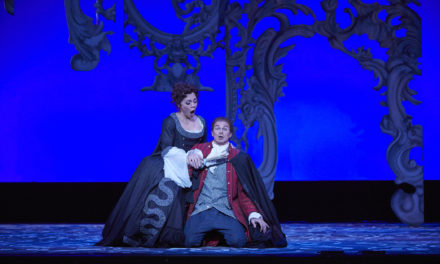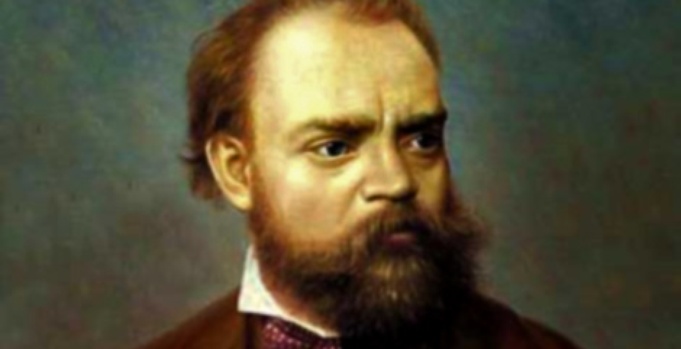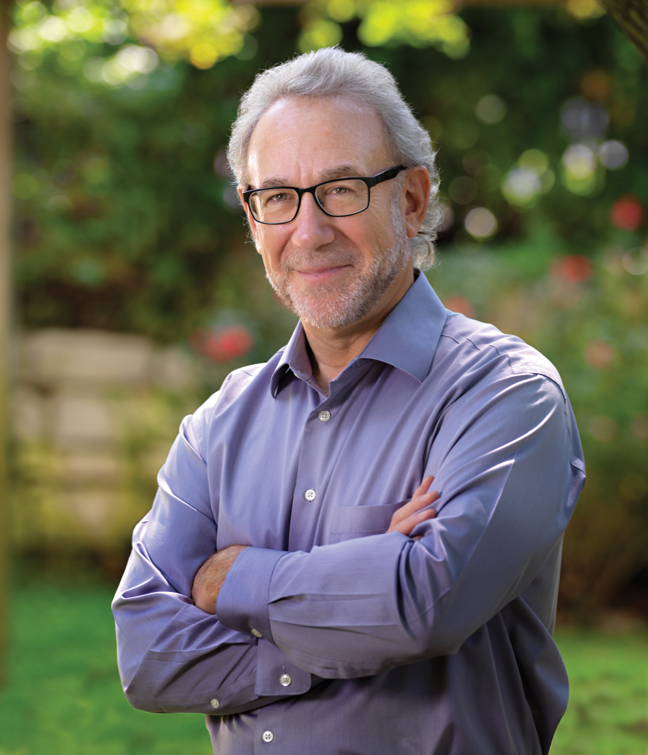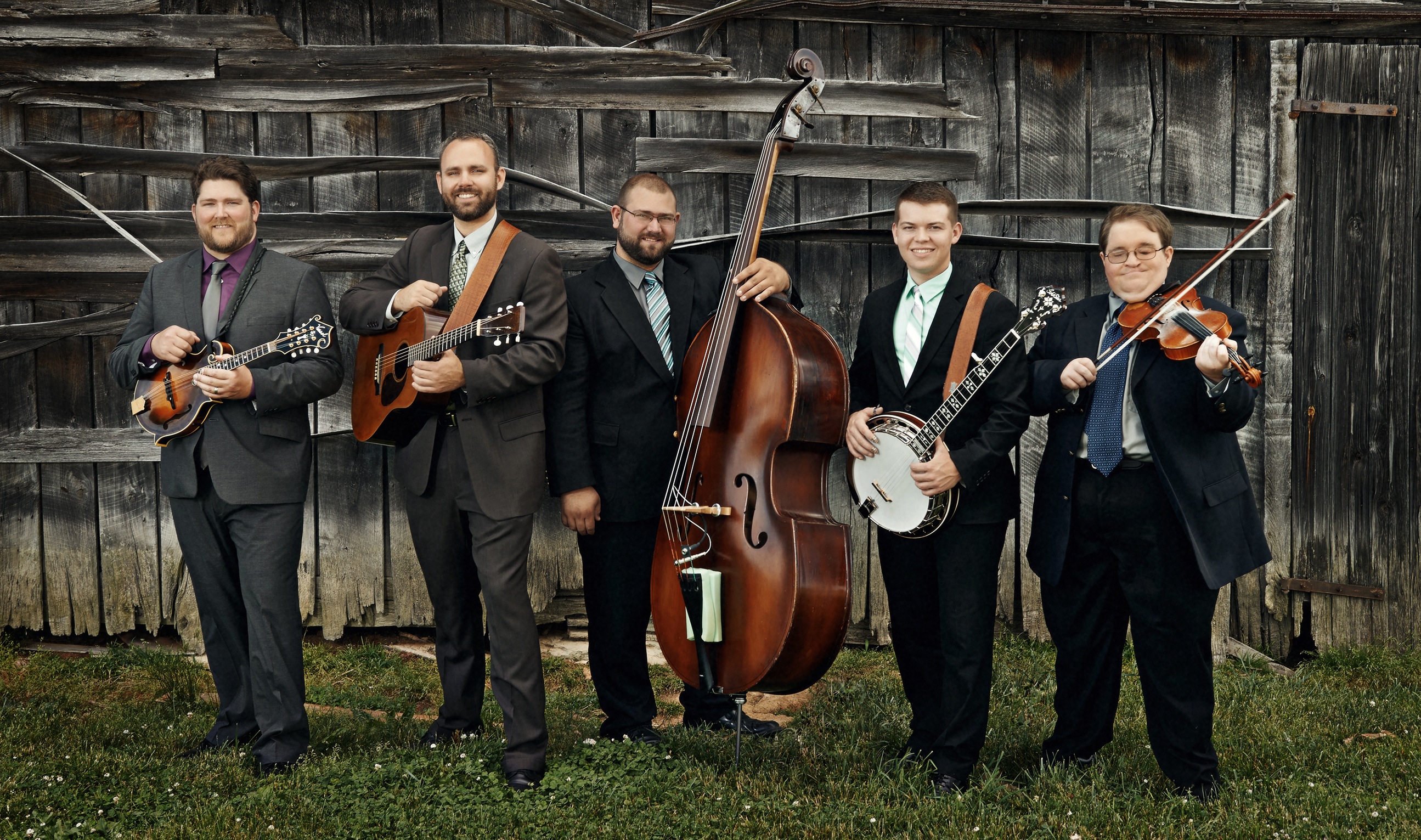Jecorey Arthur. Photo: Jessiebeth Photography
The Louisville Orchestra Virtual Edition Presents: Abrams Plays Ravel and the Power of Black Music
Teddy Abrams, conductor, and piano soloist
Jecorey “1200” Arthur, vocals and narrator
JD Green, Chanson Calhoun, and Jason Clayborn, vocals
A review by Annette Skaggs
Entire contents are copyright © 2021 by Annette Skaggs. All rights reserved.
Sometimes one never knows why you meet the people that you do. When Teddy Abrams was still new as the Artistic Director of the Louisville Orchestra some seven years ago he was charged with arranging a concert with artists and musicians in the area. A daunting task to be sure, especially when you are new to an area and have little to no knowledge of the wealth of talent that a community may hold, but a chance encounter with a fellow musician changed all of that.
Then a young artist by the name of Jecorey Arthur introduced himself to Teddy at a social function. Teddy shared his dilemma with his new friend. Before you could blink, Jecorey, whose stage name is “1200”, told the young conductor, if I may paraphrase: “I’ve got this”. What “1200” was able to do was to use his wealth of connections to assemble the necessary talent. This was but the beginning of many collaborations between the two musicians. Saturday evening’s curation was indicative of Mr. Arthur’s reach and influence and was balm for the soul.
We began with Maurice Ravel’s Piano Concerto in G Major. From the jump of the first movement, Allegramente, this piece was a departure, of sorts, from Ravel’s usual style, with influences gained from not only folk songs of Spain and the surrounding area but also of the Harlem jazz clubs that he had attended in the late 1920s. In fact, it is noted that Ravel himself stated that this composition was meant to entertain and not be profound, much like Mozart and Saint-Saëns before him.
The first movement is almost frenetic and frenzied in its delivery, both in piano and limited orchestra that includes solo harp and woodwind sections. Mr. Abrams’ command of the keyboard is a masterclass of talent and control. Because of the seeming improvisational style of the Concerto, one could easily get lost in the flurry of activity, but our fair conductor had everything well in hand.
The second movement, Adagio assai, is perhaps the more contemplative section. Beginning in the piano, the section is slow and melody-driven, building to the entrance of a beautifully played flute, oboe, and clarinet solos that carries the melody through.
As that movement was slow and reflective, the third and final movement, Presto, was quick and succinct in its final destination. The keyboard is soft while the atmosphere is punctuated with blasts of sound from the brass and winds. And with a snap of a finger, the concerto is over.
Afterward, Teddy addressed the audience and said that it was an insane attempt to play the concerto while conducting it, but was only able to do so because of the remarkable musicianship of his fellow performers.
When discussing and assembling the LOVE series it was not hard to conceptualize the theme of this particular concert, The Power of Black Music. The influence of Black Music has been a part of American History for 400 years and it continues to layer itself again and again. And this theme truly fits what is commonly part of the annual tribute concert from the Louisville Orchestra.
As Teddy offered, it was a chance for us to listen to Black Music, be reflective, and face the challenges that continue to haunt the Black community with honesty and clarity. Through this music, we can glimpse the universality of these sounds and be witness to the strength and character of those who still create and perform this great canon of work.
Now a member of the Louisville Metro Council, Arthur’s narration took his audience through the hardships and strife of the first slaves that came to America and how one survival tool was Negro spirituals like Go Down, Moses, performed by all of our guest soloists.
The Civil War was also a turning point for slaves. While they were given freedom, they were given little else, and that freedom proved illusory. But despite having little help and still being segregated in many places, former slaves and a new generation of Black citizens were finding ways to make it in the world and survive, despite the continuing obstacles. To represent that determination soloist Jason Clayborn performed W. C. Handy’s The Memphis Blues, with a very Louis Armstrong flavor.
By the early 1900s emerging forms, such as jazz, were gaining in popularity and one would be hard-pressed to find a more powerful example than Ella Fitzgerald, the first black woman to win a Grammy award. In homage to the great songstress, soloist JD Green performed Fitzgerald’s Robbin’s Nest in a loving and enjoyable way.
The mid-20th century brought even more changes for the Black community that included a bit more equality, but not without tragedies such as the murder of Emmitt Till. However, when Rosa Parks famously refused to give up her seat on a bus, she spoke on the behalf of her people that they all deserve a bit of R*E*S*P*E*C*T, performed by Chanson Calhoun.
In the 1950s rock and roll emerged from the heady stew of Black music – jazz, rhythm & blues, and gospel that had grown up from the same Negro spirituals from less than a century beforehand. Performing Sister Rosetta Tharp’s Strange Things Are Happening Everyday and James Brown’s Say It Loud – I’m Black and I’m Proud soloists Ms. Green and Mr. Clayborn, respectively, captured the feeling of that era and its importance in American Music history.
Mr. Arthur talked about more recent forms such as rap and its influence even to the present day. Putting his “1200” hat on, Jecorey expertly performed Doug E. Fresh’s The Show, which famously coined the phrase “teach me how to Dougie”.
Closing out the evening, Jecorey shared a definite truth, Black history is American History.
Applause to all of the musicians of the Louisville Orchestra and its guest artists on guitar, electric keyboards, and bass and drum kit that helped to round out the sound.
While this may be Teddy’s last concert for the 2020-2021 LOVE series, I am looking forward to what he’s got cooking for the next time that we see him. Perhaps another collaboration is in the works with Jecorey and company.
I’d be down with that.
Bravi Tutti!!!!
The Louisville Orchestra Virtual Edition Presents: Homecomings: Abrams Plays Ravel and the Power of Black Music
March 27, 2021
LINK TO LOUISVILLEORCHESTRA.VHX.TV
Louisville Orchestra
Louisvilleorchestra.org
Annette Skaggs is heavily involved as an Arts Advocate here in Louisville. She is a freelance professional opera singer who has performed throughout Europe and in St. Louis, Cincinnati, Boulder, Little Rock, Peoria, Chicago, New York, and of course Louisville. Aside from her singing career, she has been a production assistant for Kentucky Opera, New York City Opera, and Northwestern University. Her knowledge and expertise have developed over the course of 25+ years of experience in the classical arts.





